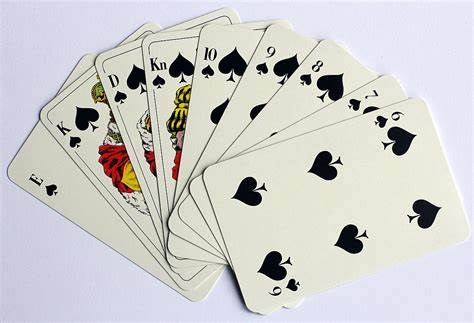When I first discovered bridge playing and got into it, I’m glad that I competed against bots before I tried to play real humans. One reason for this is because I, as neophyte bridge player, had no idea what I was doing yet.
Bots are patient. I can lose against a bot seven-hundred times in a row, and the bot won’t complain. If I played this badly against any real opponents, well, I don’t think anyone would have been happy with it.
I feel okay saying today that there were a few bridge concepts I was absolutely confused by when I first arrived.
I made notes, and looked these things up in about seventeen bridge books and a hundred websites. Looking back, I’m glad to say that I learned (and progressed) past my first very confusing few days first learning bridge.
Here are 3 bridge concepts I had wrong at first.

1. The dummy
I had never played a card game before bridge that requires the use of a dummy.
The first time I heard about a dummy, I was very (and very) confused. My first thought was that the player’s role doesn’t make any sense.
What would any game require a non-playing player for?
Today, I have a clearer idea of the dummy’s history (and purpose).
The dummy has a point: You’ll know more once you’ve sat in the dummy’s seat for a round. After this, you have a better idea of what the players around the table might play like with the roles switched around.
2. The difference between…
It took a lot of reading before I could tell the difference between Chicago, contract, and everything else.
As a new bridge player, I was yet to understand how each form of bridge clicked into the next. This took some research. I’ve had to play bridge in many forms to understand the differences better.
Once I thought I knew everything, I learned about even further forms of bridge that includes Pirate Bridge and Honeymoon.
Could there still be different forms of bridge that you haven’t discovered yet?
3. Scoring bonuses (when they aren’t yours)
Scoring took a while before it would stick.
I understood how poker and blackjack games got to their eventual winner, but the calculations that I saw from the bridge bots were a mystery to me at first.
I played a few rounds, and came up with a minus score that was, well, the worst I’ve seen to date.
How did it happen?
Scoring bonuses, and inexperienced play. I lost so badly that the opponents got extra points for it – and that, sometimes, is the scoring bonus at work.
I can report that my understanding of scoring and playing have improved – and a lot!
Today, I encourage online players to look at manual forms of scoring even if most of their scoring will be manual. If you don’t see how it fits together, it can be difficult to improve.
Which bridge concepts took a while before you learned how they worked (or what they meant)?
